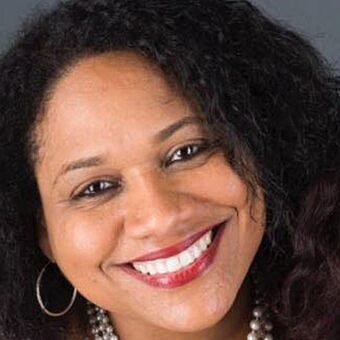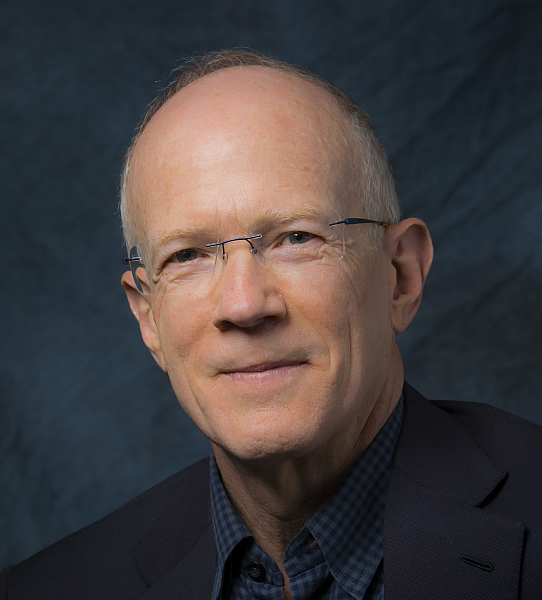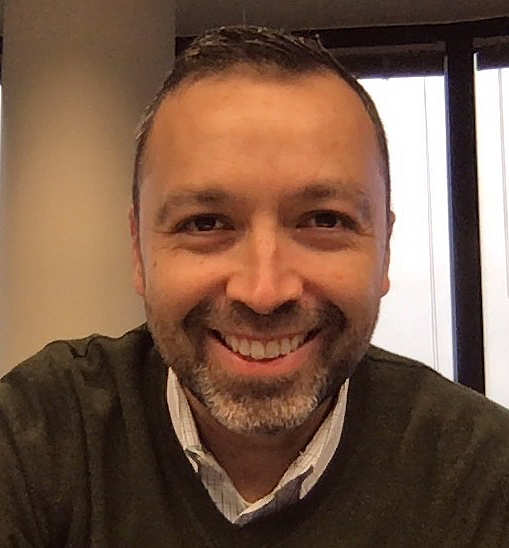Covering Coronavirus: When Kids Miss Out on School
How can students head back to school in the fall without triggering new waves of sick families, teachers and staff? With coronavirus cases soaring in major cities in the South and West, administrators are being forced to pit the health of their communities against intense pressure from some parents and politicians desperate to reopen schools. Los Angeles and San Diego have announced schools will be online only this fall, while New York City is planning several days a week of in-person learning. Other districts are considering hybrid models or allowing families to choose between online and in-person options. The potential costs for students could be huge either way, with experts pointing out the deep shortcomings of remote learning. Some fear the COVID learning slide could become the summer learning slide “on steroids” — or even a lost year. Students already dealing with learning challenges, mental health issues or kids contending with illness, death or unemployment related to COVID in their families are likely to suffer the greatest setbacks. Families that can’t send their kids to school also risk heavy financial blows as working parents are forced into home schooling without adequate support. In this webinar, we’ll discuss the latest developments in the nationwide debate over reopening schools, and we’ll take a deeper look at what’s at stake for student learning and wellness as the pandemic continues.
Webinars are free and made possible by The California Endowment, The Commonwealth Fund, the National Institute for Health Care Management Foundation and individual supporters of the Center. The Robert Wood Johnson Foundation also is providing support for this webinar as part of the Center's 2020 National Fellowship.
Panelists

Tawnell Hobbs is the national K-12 education reporter for The Wall Street Journal. She has worked at the Journal since July 2016, and before that was an education reporter at The Dallas Morning News for 16 years. Before starting her journalism career, she served in the United States Air Force and the Texas Air National Guard, for a combined total of about 10 years. She also has taught computer-assisted reporting at the university level. She earned a bachelor’s degree in journalism and communication from the University of Texas at Arlington.

W. Steven Barnett, Ph.D., is the senior co-director of the National Institute for Early Education Research (NIEER) and Board of Governors Professor of Education in Economics and Policy at Rutgers University. His work focuses on public policy for young children and their families, especially early education, in the United States and globally. More broadly he is interested in how economics can help us understand the determinants of human develop at both the individual and societal levels. The son of a Navy officer, Barnett’s interests were influenced by living in various parts of the world and attending highly varied school systems across the United States. He earned a bachelor’s degree in economics from Kenyon College and master’s and a doctoral degrees in economics from the University of Michigan. Focusing on the economics of cognitive development, Barnett became engaged in the Perry Preschool Study which had in the early 1960’s launched an experiment in which low-income preschoolers in Ypsilanti, Michigan were randomly assigned to a very high-quality preschool program. His work on the study began with the age 19 follow-up and a comprehensive benefit-cost analysis of impacts on life outcomes including educational attainment, employment, and involvement in delinquency and crime. He found that the economic return of this investment in early education was nearly an order of magnitude larger than the cost.

Joel E. Cisneros, LCSW, is the director of school mental health at the Los Angeles Unified School District (LAUSD). He leads one of the largest school district mental health departments in the country, with a staff of more than 500 school social workers. He has dedicated his career to advocating on behalf of the role that mental health and social emotional supports play in school settings. He has served on committees across different sectors of public education that have developed programs and shaped policies aimed at mitigating the psycho-social stressors that interfere with children’s ability to reach their full academic potential.
Suggested reading & resources
View Prof. W. Steven Barnett's slides here.
- 'Are They Setting My Children Up for Failure?' Remote learning Widens Education Gap. Students in Mississippi's Jackson Public School district, who are predominately Black and low income, already lagged behing their peers academically. Shutdowns set them back even more," by Tawnell D. Hobbs, The Wall Street Journal
- "The Results are in for Remote Learning: It Didn't Work," by Tawnell D. Hobbs, The Wall Street Journal
- “Research Shows Students Falling Months Behind During Virus Disruptions,” by Dana Goldstein, The New York Times
- “Millions of public school students will suffer from school closures, education leaders say,” by Laura Meckler, Valerie Strauss and Joe Heim, The Washington Post
- “How to Reopen Schools: What Science and Other Countries Teach Us,” By Pam Belluck, Apoorva Mandavilli and Benedict Carey, The New York Times
- “Youth, Disconnected: Coronavirus Shutdown Leaves Some Behind,” by April Simpson, Stateline
- “A Decade Undone: Youth Disconnection in the Age of Coronavirus,” by Kristen Lewis, Measure of America
- “The impact of COVID-19 on student achievement and what it may mean for educators,” by Jim Soland, Megan Kuhfeld, Beth Tarasawa, Angela Johnson, Erik Ruzek, and Jing Liu, Brookings
- “Students have lost learning due to COVID-19. Here are the economic consequences.” By Harry J. Holzer and James Lanich, Brookings
- “COVID-19 crisis creates distance-learning gap for Los Angeles County students,” via USC Annenberg
- “Covid-19’s Impact on Students’ Academic and Mental Well-Being,” by Youki Terada, Edutopia
- “COVID-19 and student learning in the United States: The hurt could last a lifetime,” by Emma Dorn, Bryan Hancock, Jimmy Sarakatsannis, and Ellen Viruleg, McKinsey & Company
- “The COVID-19 slide: What summer learning loss can tell us about the potential impact of school closures on student academic achievement,” Dr. Megan Kuhfeld and Dr. Beth Tarasawa, NWEA Research
